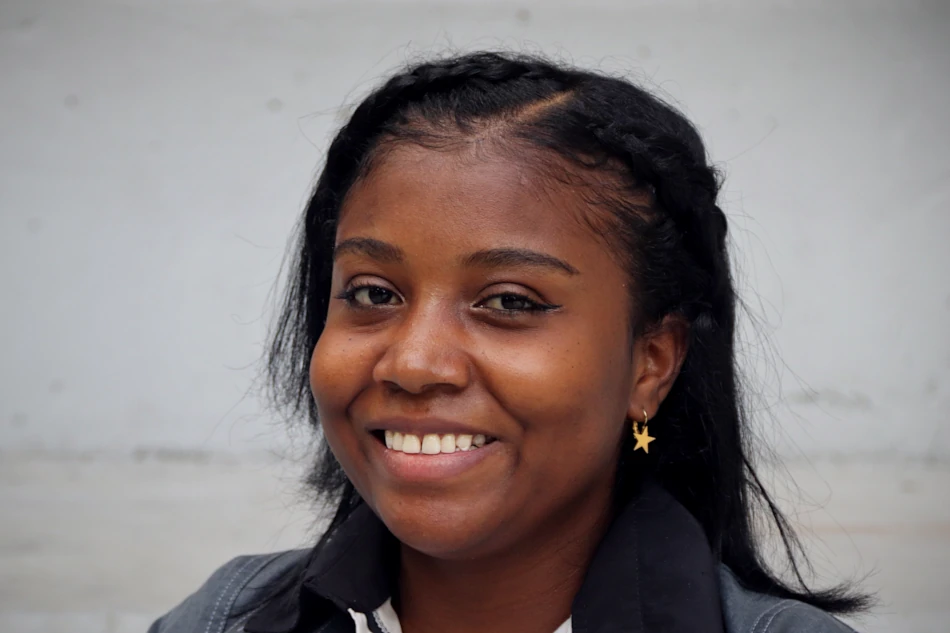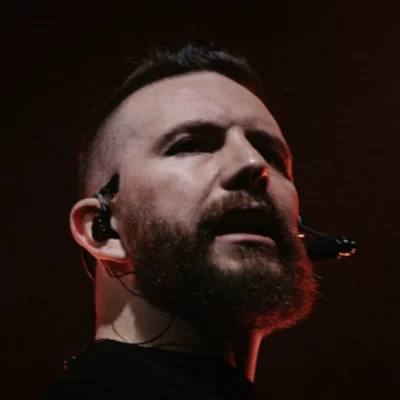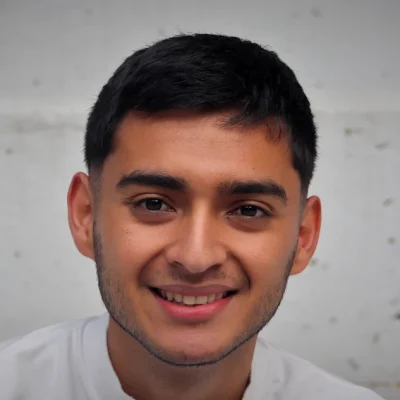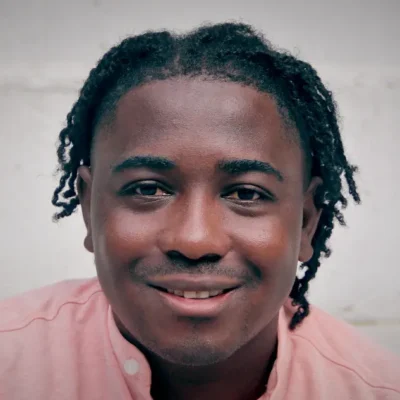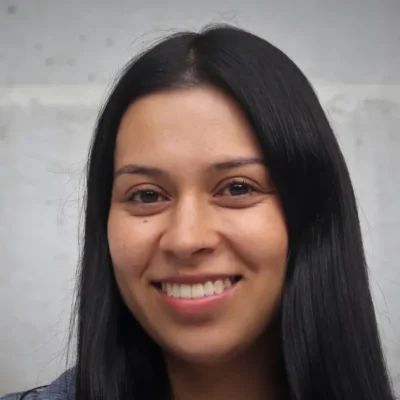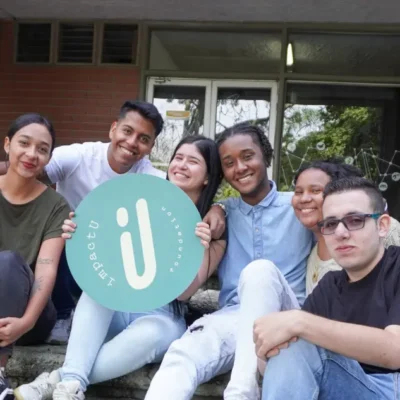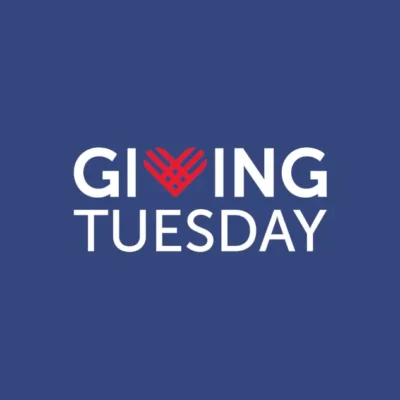Today we are launching a series of talks with our current beneficiaries. Through these interviews, we aim to provide our donors, volunteers, and future beneficiaries with a closer look at the lives being transformed thanks to the support of many. In this first installment, you will meet Ketty, a dedicated engineering student whose journey from a small village in Chocó to the halls of the Universidad Nacional de Colombia exemplifies the profound impact of our work. Ketty’s story is a testament to the difference your support can make, not only in a student’s life but also in the lives of their families and communities. As you read about her challenges and triumphs, we hope you’ll feel the same spark of inspiration that drives us every day.
Who is Ketty?
I am a student of industrial engineering at the National University of Colombia. I was born in the San José de Tabor district of the municipality of Tadó, Chocó, on the banks of the San Juan River. I am the sixth of eight children, with two sisters, five brothers, and nine nieces and nephews. My mother has been the central figure in the family, even before separating from my father several years ago. She has dedicated her entire life to artisanal gold mining to support my family economically.
I am the first of my siblings to attend university and the first not to become a teenage mother, which is atypical in the statistics of my community and possibly even my department. Two of my brothers had the opportunity to study after high school; one pursued a technical program in social services, and my younger sister is currently studying to become a nursing assistant. Two of my brothers work as barbers, one in construction, and the youngest is still in school. Although we grew up together, in recent years, my family has dispersed geographically, with some of my siblings seeking better job opportunities in other regions.
I enjoy drawing with pencils and writing poetry, activities I’ve been doing since school. I find them calming and relaxing. When I draw, I feel like my mind can rest, as if everything inside me flows through my hands and onto the paper. I’m convinced that when I draw, my hands have a life of their own, with their own feelings. I also enjoy anime-style animations, such as “Overlord.” I appreciate the complexity of the characters and their different facets. Additionally, I enjoy the critical content of their stories, which you discover over time.
Why did you decide to pursue a university degree?
I never imagined myself studying at a university. Circumstances led me to it. In the Tabor district, there is only primary education and no secondary education. Those seeking to graduate from high school in my area must overcome transportation difficulties and travel to the Playa de Oro district, where the nearest high school is located. When I was 11, I moved to Tadó and later to Quibdó to pursue my high school education. During those years, I worked in family homes to support myself.
In my community, pursuing education beyond high school is rare, especially if it requires additional family support. However, in recent years, this mindset has begun to change. Despite performing well academically in high school and desiring further education, I didn’t consider it possible. If I hadn’t found the opportunity to study, I believe I would probably be working as a domestic worker. I would probably have a partner and children, or more likely, be a single mother.
As I searched for alternatives before graduating from high school, I met Luis Eduardo Palomino, a representative of the Program for Special Admission and Academic Mobility (PEAMA) at the National University of Colombia. This program aims to facilitate access to university education for students in municipalities with difficult access to education or challenges with public order. Through him, I was able to learn about the program and gained admission. The program provided pre-university academic preparation that allowed me to improve my deficiencies in my school education, and I received additional support to enter the university.
During that time, I met several teachers and representatives like Teresa Ponton Ladino, Amanda Lucía Mora Martínez, Luis Eduardo Palomino, and Wilmer, among others, who were decisive in my admission to the program and its completion. They supported me academically, provided great emotional support, and convinced me that entering university was an option. They supported me in difficult times when other voices, or sometimes myself, doubted and questioned my university dream.
I feel a special gratitude towards Professor Teresa. Her academic demands helped me significantly improve my knowledge of mathematics. Despite being used to excelling in school, her classes made me aware of areas where I needed substantial improvement. She was very special to me by combining demanding instruction with support, understanding, and motivation.
What is the biggest challenge you had to overcome to be in university today?
The biggest challenge I had to overcome to be in university today was the initial reaction of my family. The decision to continue studying impacted my mom’s and my family’s economic security in general. As I mentioned earlier, you are expected to be independent upon finishing high school, and neither your parents nor your family should have to cover your expenses. Deciding to continue studying was not a decision that was initially welcomed by my family. They also doubted my chances of success. However, I not only had the dream of furthering my studies, but I also had the possibility and self-conviction that this was my path. I decided to move forward despite my decision hurting my relationship with family members. Overcoming that reaction and moving forward with my goal of studying at the university was my most significant challenge. Every day, I am more convinced that it was my best choice.
What achievement have you reached so far at university that you are most proud of?
Passing a specific subject or completing a standout project is not what fills me with the most pride. What makes me feel proudest is simply being at the university. The fact that I continue to study despite all the difficulties I have had to overcome. I can wake up every morning and be on the university campus. I can proudly say that I am a student at the National University of Colombia despite all the obstacles I have faced. That is my most significant source of pride, even if it may sound somewhat simple. As I mentioned before, continuing my studies after high school was not possible for me; I believed it and accepted it. Being at the university has allowed me to prove to others and to myself that I can do it. It fills me with pride and courage and helps me believe that education changes lives, shapes dreams, and builds society. Education should not be a dream or a privilege; education should be for everyone and under dignified conditions.
How has the foundation’s support influenced your university experience?
The support from impactU has had a profoundly positive impact on many aspects of my university experience. It has provided me peace of mind, happiness, stability, and rest. Now I can enjoy being a student, being young, more fully. It also helps me rethink myself every day. Knowing that there are people who see value in others and provide their selfless support.
The foundation has allowed me to receive English classes with two great volunteers, Evelyne and Laura. Now, I want to take advantage of the opportunity to improve my English. Before, English was something I struggled with and didn’t enjoy studying. Being part of the foundation makes me feel that all my efforts to reach university are worth it and bear fruit.
In addition, the foundation has introduced me to other excellent beneficiaries. Additionally, the constant support and accompaniment of the program director make me feel that I am not alone on this path. The foundation is a closer and more accessible support network always there for me. I am grateful for the support I have received and the community I have found.
Thanks to the foundation’s support, I can attend class without worrying about rent, food, or transportation. This support has allowed me to improve my relationship with the rest of my family by alleviating the economic uncertainty generated by my studies. I remember the difficult times I went through last March. I had no job and needed to save more money to pay my share of the rent for the room I shared with my roommate. We needed more to buy food or school supplies for the university. A year later, I can be here having this conversation, and my biggest concern is thinking about the midterm exam I have to study for. My roommate is also much better off now, but I’ll let you discover who she is in her interview. I just want to say thank you to impactU, thank you for believing, thank you for supporting dreams like mine.
How do you see yourself in the future?
I see myself as a graduated professional, working at a big bank or perhaps at the cement company that supplied the cement for the access road to Tadó. I would love to have the opportunity to travel through my work. I would also like to pursue a postgraduate degree in dynamic production systems or data analysis. I would also like to be able to participate in projects aimed at Chocó, particularly in new ventures. My goal is to contribute to the development of my region and continue to grow professionally.
To conclude, tell us about Tadó, Chocó. What do you miss? What should we experience?
Tadó offers a unique experience: delicious food, beautiful landscapes, rich diversity of flora and fauna, lush forests, and clean air. Additionally, it is a place full of parties and lovely people. Although many of its inhabitants may not have many material possessions, they live joyfully and are very talented. In the town of Tadó, you can admire spectacular sunsets from the bridge over the San Juan River. In March, you can enjoy the San José festivities in my district of Tabor. The municipality has numerous rivers and swimming spots, such as the Bochoroma River, the Mumbú River, the Mondó River, the Arrastradero locality, and the Santo Domingo waterfall.
Tadó’s gastronomy is another wonder. You can enjoy a variety of delicious dishes, such as bocachico, a freshwater fish common in the region, prepared in various ways like fried, stewed, salted, or broth. Green bananas are also frequently used in local cuisine. My favorite dishes are tapado de chere, corn rice, corn tamales, and guacuco broth with plenty of aromatic herbs. Additionally, there is a wide variety of sweets, such as papaya and coconut, wrapped in ripe plantain with a touch of ginger, and drinks like Birimbí, a sweet porridge made with fermented corn, panela, and spices.
As for more exotic dishes, foods like armadillo or a wild rodent we call “ratón de monte” are consumed, although their consumption has decreased due to environmental protection reasons. However, the area remains extremely rich in biodiversity, with hundreds of species of plants, trees, birds, reptiles, and other animals that you can enjoy while exploring this beautiful place.
Join us!
Many other young students, like Ketty, could greatly benefit from your support. You can make a significant difference in their lives. Whether you volunteer your time or donate, your contribution will provide crucial support to help other students like Ketty pursue their educational dreams. Your participation will open doors for these individuals and contribute to building a brighter future for their families and communities. Support us and let’s change lives together.
Want to learn more about impactU?
Let us tell you about us.
